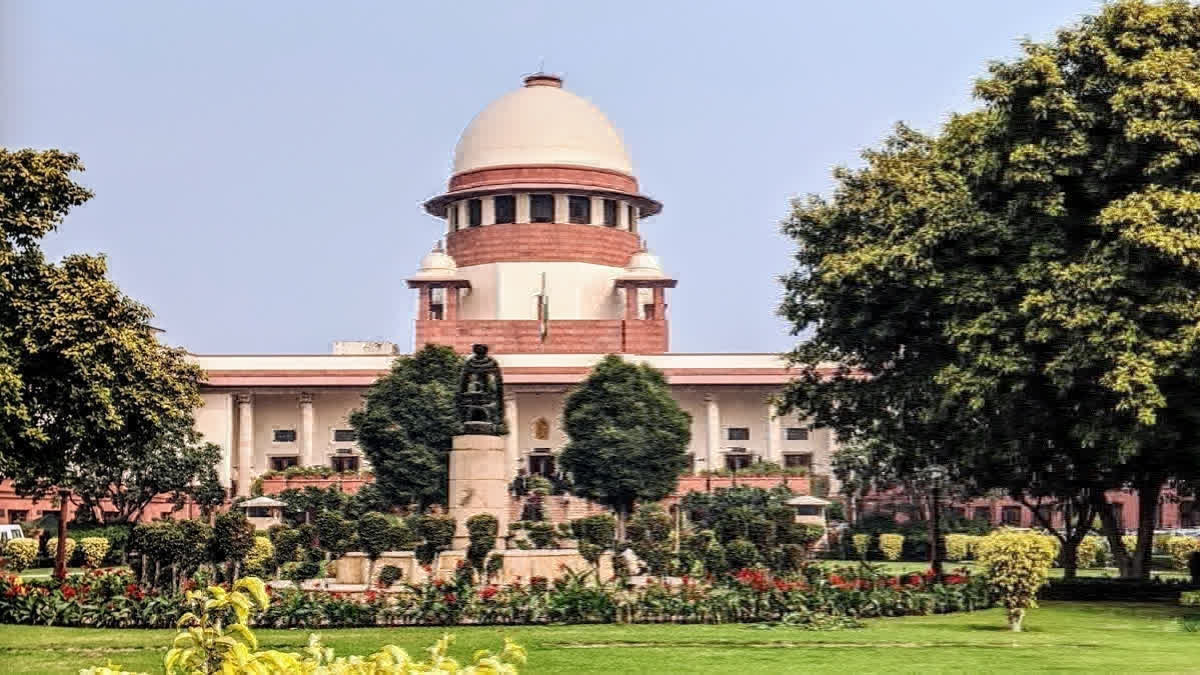New Delhi: The Supreme Court on Friday granted bail to Amandeep Singh Dhall, a businessman, in a corruption case linked to the alleged Delhi liquor policy case. After this order, all the accused in the liquor policy case have secured bail. Earlier, the apex court had granted bail to former Delhi Chief Minister Arvind Kejriwal, AAP leaders Manish Sisodia and Sanjay Singh, and BRS MLS K Kavitha in the alleged Delhi excise policy case.
A bench of Justices Surya Kant and Ujjal Bhuyan noted that there were nearly 300 witnesses in the CBI’s case, which the central agency proposes to examine, and, as a result, the trial would not likely be concluded soon. The bench noted that Dhall has been incarcerated for over 500 days and his further detention would not serve any purpose. Senior advocate Siddharth Dave, representing Dhall, contended before the bench all co-accused have got bail except his client. Earlier, Dhall was granted bail in the money laundering case related to liquor policy.
The apex court, while granting relief to Dhall, made it clear that it has not expressed anything on the merits of the case. The apex court said the bail is subject to terms that will be set by the trial court.
During the hearing, the bench told the CBI’s counsel to concentrate on the conviction rate and a message should be sent to white-collar criminals. "Your conviction rate...you must concentrate on that. The quality of your witnesses needs to be focused on, instead of number," the bench told the CBI’s counsel.
The apex court passed the order on a plea by Dhall challenging the Delhi High Court's judgement, June 4, 2024, which refused to grant him regular bail in the CBI’s case. He was arrested by the CBI in April last year in connection with the case.
According to the central agencies, Dhall allegedly conspired with other accused and was "actively" involved in the formulation of the liquor policy and facilitating kickbacks to the AAP and its recoupment by the "South Group" through various means. According to the CBI and the ED, irregularities were committed while modifying the excise policy and undue favours extended to licence holders.



